
Agriculture
June 8, 2024
GiftedMom
Read SolutionImplemented by
GiftedMom
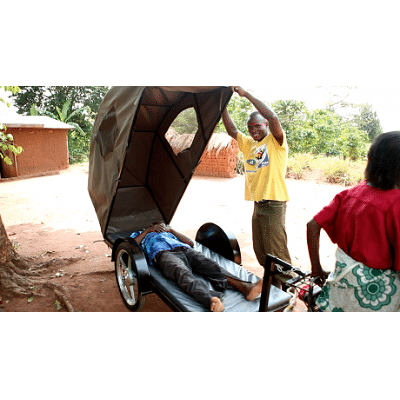
Updated on June 29, 2024
·Created on August 27, 2015
Zambulance is a bike-trailer ambulance that transports patients from rural areas to healthcare centers.
Zambulance is a low-cost two-wheeled bike-trailer ambulance that transports patients safely comfortably for medical treatment that can be attached to any bicycle or motorcycle. It contains a mattress, covered with a cloth, a reclining backrest and a weatherproof canopy with a side flap for access.
Target SDGs
SDG 3: Good Health and Well-Being
SDG 9: Industry, Innovation and Infrastructure
Market Suggested Retail Price
$1,000.00
Target Users (Target Impact Group)
Household, Community, Public Sector Agencies, NGOs
Distributors / Implementing Organizations
Distributors include: Zambikes and Disacare, a Zambian NGO led and operated by Zambians with disabilities. Disacare has produced over 200 Zambulances, and is continuing to design. Nonprofits in Namibia, Malawi, Madagascar, and other countries are also modifying and using the design. Implementers include: Transaid, World Vision, USAID Plan, Malaria Consortium, Catholic Relief Services, Samaritans Purse, Care International, Africare, Willow Creek Church, Rolling Hills Covenant Church, Solon Foundation, and many other organizations.
Competitive Landscape
Direct competitors include eRanger Ambulance and Namibian Bicycle Ambulance.
Countries
Burundi, Congo (Kinshasa), Kenya, Malawi, Mozambique, Rwanda, South Sudan, Tanzania, Uganda, Zambia
Manufacturing/Building Method
Zambulance are locally built. Zambikes has production facilities in Zambia and Uganda with a united capacity of 2000 zambulances/year.
Manufacturing guidelines are provided via an open-source production Manual available for download here.
Intellectural Property Type
Open-source
User Provision Model
Donation model. Zambikes, in partnership with various outside organizations, directly places Zambulances in villages, clinics, and hospitals where they determine a need. Zambikes accepts and encourages donations.
Distributions to Date Status
Around 10000
Area of cart (m^2)
1.96
Frame material
0.6mm steel sheet metal
Hitch type
Nut and bolt hitch
Maximum speed (km/h)
~15
Patient capacity (#)
1
Design Specifications
Zambulance is a two-wheeled ambulance trailer featuring a steel frame and motorcycle wheels.
The stretcher is removable from the trailer to facilitate transport of the patient through narrow passages. The body of the stretcher is made from sheet metal as it is more durable and easier to clean than high-quality fabrics. The canopy frame is fashioned from rebar welded to the stretcher's rear panel, where a waterproof canvas can be strapped on as rain and sun protection for the patient. It also has a cushion and a reclining backrest. The hitch attaches the trailer near the bicycle's rear axle by clamping onto the seat stay and chain stay.
Production Manual and User Manual with full specifications is available for download here.
Technical Support
Zambikes provides on-site training and follow-up visits when a Zambulance is introduced to the user.
Replacement Components
Local manufacturing ensures that locally available components are used and can be sourced for replacements.
Lifecycle
At least 5 years
Manufacturer Specified Performance Parameters
To enable faster and comfortable patient transport to the nearest clinic for patients in rural areas.
Vetted Performance Status
In 2008, Transaid implemented a bicycle ambulance project in three districts of Zambia’s Eastern Province. The project saw the production and distribution of 40 bicycle ambulances. Transaid established a specific monitoring and evaluation framework for this project. Log book data showed that the average distance traveled on the bicycle ambulance in one trip was 13.7km. The longest distance for one trip, in Katete, was 40km. A performance weakness identified was that in some cases the stretcher had broken due to manufacturing errors.
Safety
No listed hazards
Complementary Technical Systems
The Zambulance can not function without the addition of a bicycle or motorcycle. Additional supportive devices include intravenous hangers.
Academic Research and References
Vechakul, J., 2008, Design of bicycle ambulances for Zambia, Massachusetts Institute of Technology
Nicholl, J., West, J., Goodacre, S., Turner, J., 2007, The relationship between distance to hospital and patient mortality in emergencies: an observational study, Emergency Medicine Journal, 24(9), pp. 665-668.
Razzak, J. A., Kellermann, A. L., 2002, Emergency medical care in developing countries: is it worthwhile?, Bulletin of the World Health Organization, 80(11), pp. 900-905.
Kobusingye, O. C., Hyder, A. A., Bishai, D., Hicks, E. R., Mock, C., Joshipura, M., 2005, Emergency medical systems in low- and middle- income countries: recommendations for action, Bulletin of the World Health Organization, 83(8), pp. 626-631.
Macintyre, K., Hotchkiss, D.R., 1999, Referral revisited: community financing schemes and emergency transport in rural Africa, Social Science & Medicine, 49(11), pp. 1473-1487.
Fourneir, P., Dumont, A., Tourigny, C., Dunkley, G., Drame, S., 2009, Improved access to comprehensive emergency obstetric care and its effect on institutional maternal mortality in rural Mali, Bulletin of the World Health Organ,87(1), pp. 30-38.
V. Simfukwe, C. Barber, and G. Forster, 2009, Evaluation Report on the 2008-2009 Bicycle Ambulance Pilot Project Implemented in Three Districts of Eastern Province, Zambia, Transaid, London
Compliance with regulations
No applicable international standards have been cited.
Evaluation methods
A study from the World Health Organization monitored the use of 40 Zambulances over the course of four months. Additional information was gathered in the study through interviews with caregivers and patients, and analysis of logbooks.
Other Information
Watch Zambikes Promo Video
Video about A Day in the Zambikes shop
More information on the product is contained in the following articles;
1. ZAMBULANCE
2. Cycles of life: California-based nonprofit transforming health care in Africa with 'zambulances'

Agriculture
June 8, 2024
Implemented by
GiftedMom

Agriculture
June 22, 2024
Implemented by
Phillips South Africa and Rhiza Foundation

Agriculture
June 6, 2024
Implemented by
emocha Mobile Health

Agriculture
June 7, 2024
Implemented by
SES S.A.
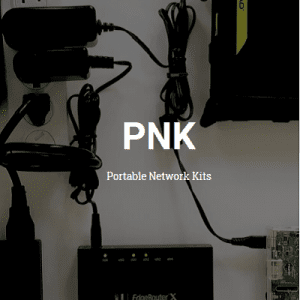
Agriculture
June 17, 2024
Implemented by
New America
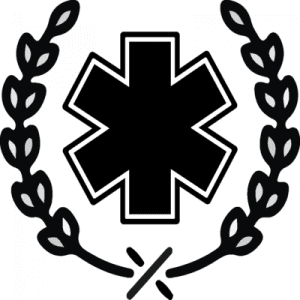
Agriculture
June 22, 2024
Implemented by
The Okoa Project
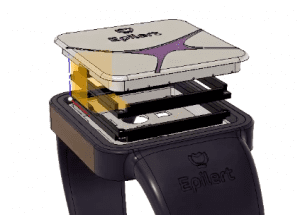
Agriculture
June 8, 2024
Implemented by
Firas Rhaiem
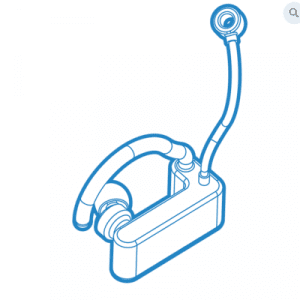
Agriculture
June 29, 2024
Implemented by
Ker-Jiun Wang
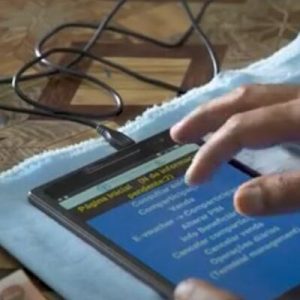
Agriculture
June 29, 2024

Agriculture
June 28, 2024
Implemented by
Pipistrel
Have thoughts on how we can improve?
Give Us Feedback